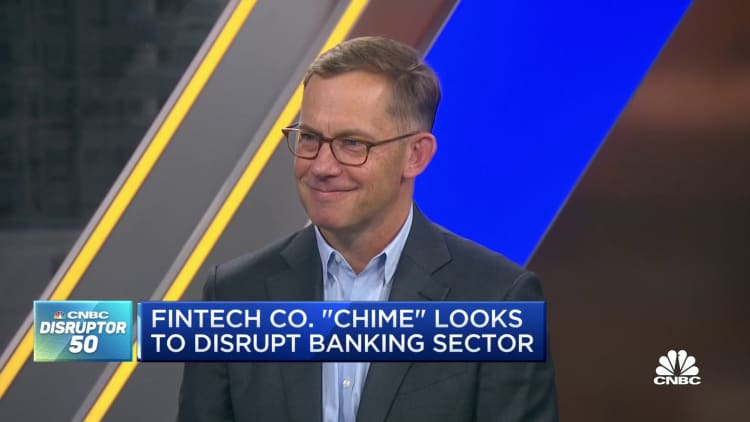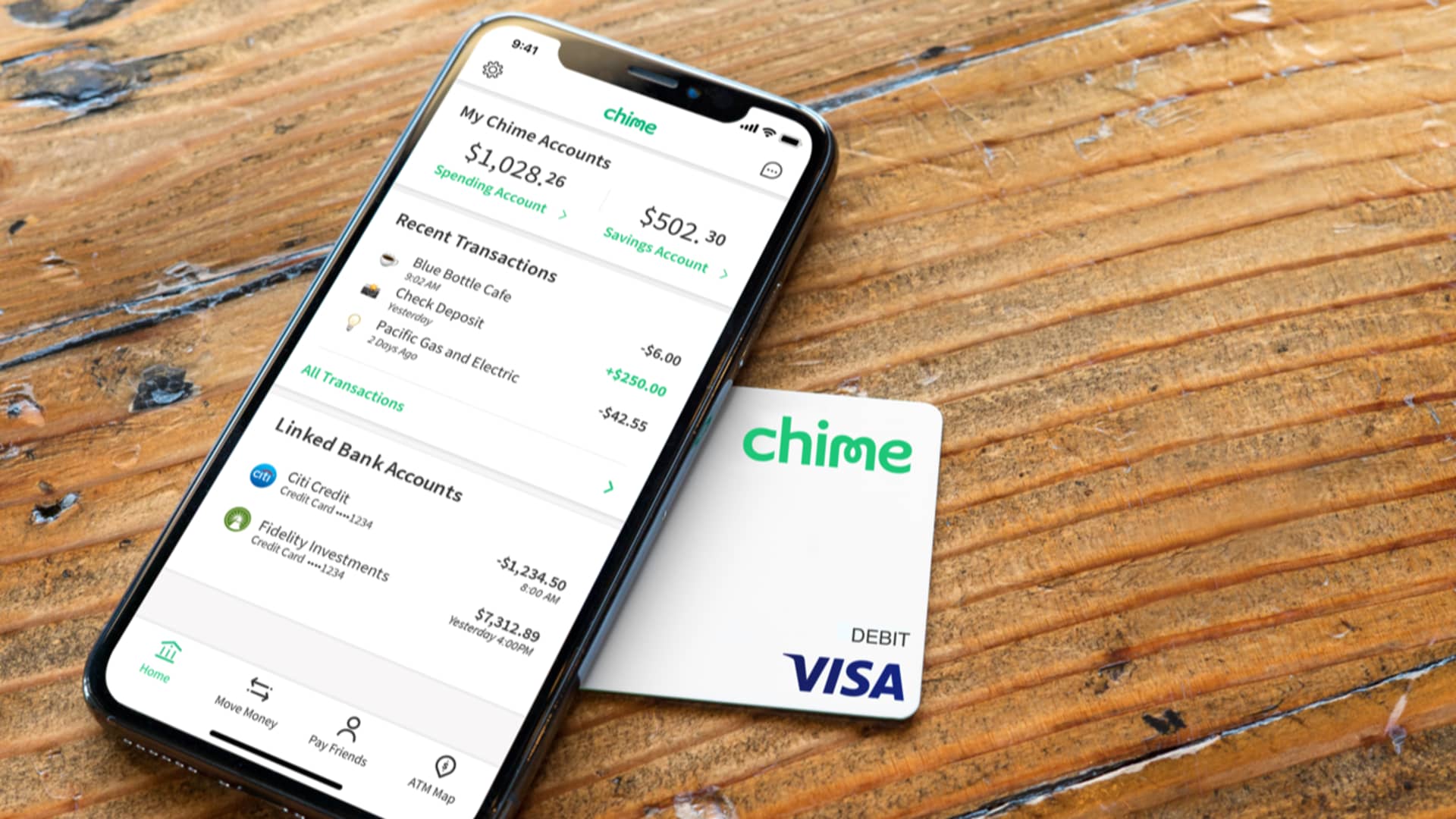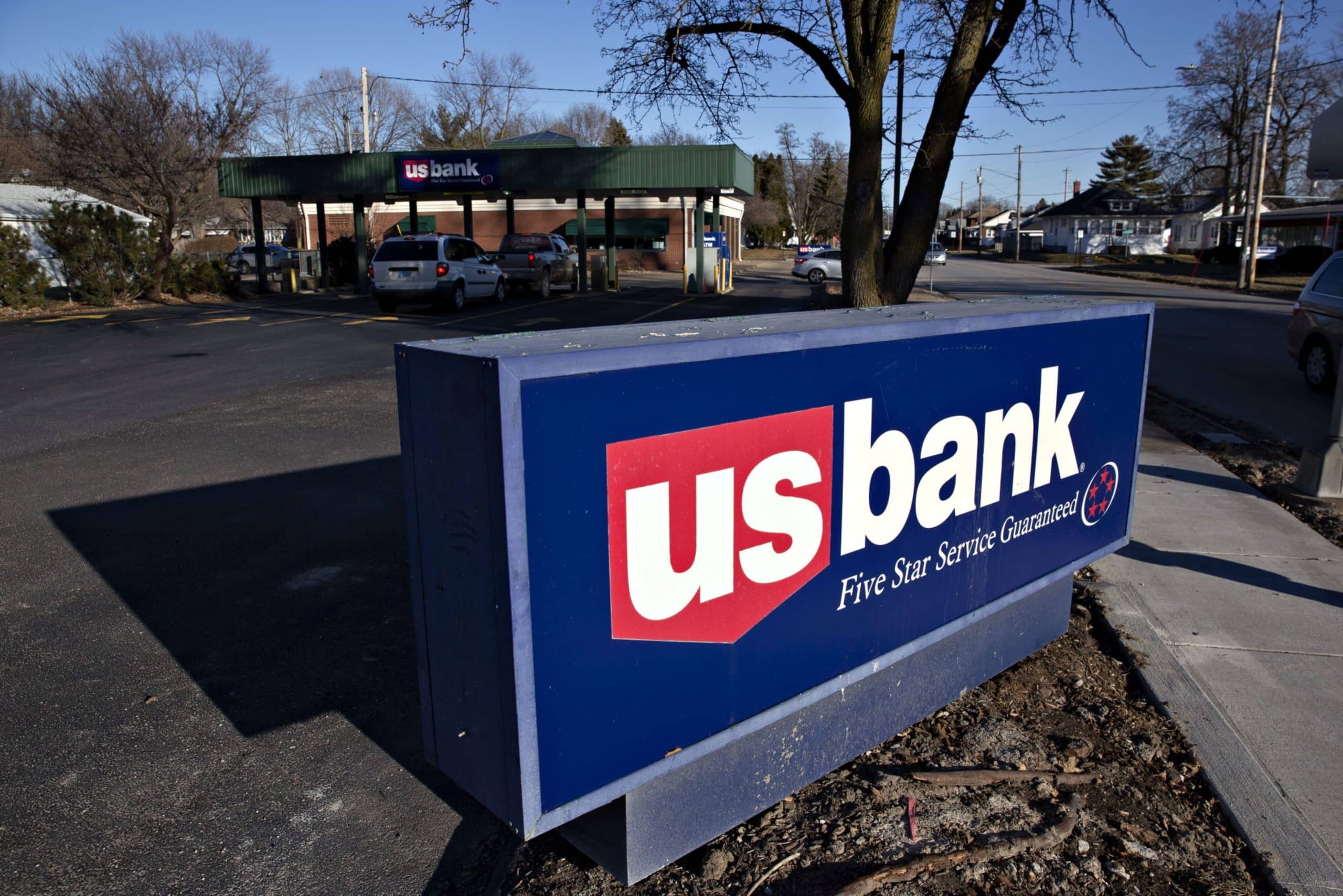[ad_1]

The disruption of conventional bricks-and-mortar banks by fintech firms was already occurring when the pandemic despatched startups providing banking companies sooner, cheaper, and extra digitally accessible into overdrive.
A rush of enterprise capital adopted, with fintech firms elevating greater than $130 billion in 2021 alone, creating greater than 100 new unicorns, or firms with at the least $1 billion in valuation.
Nevertheless, as the sphere of fintechs bought extra crowded and the financial system has entered a extra recessionary surroundings, funding has dried up and a number of other fintechs have taken valuation cuts. The fintech reckoning goes properly past non-public firms, as public markets haven’t been variety to former Disrupters Dave and SoFi, each buying and selling properly off their IPO costs. Legacy banks have seen their efforts to disruptor these disruptors fall in need of expectations – for instance, Goldman Sachs lately pulled back on its fintech ambitions.
Making that banking image even fuzzier is the current collapse of Silicon Valley Financial institution and the wave of issues that adopted.
However Chris Britt, CEO of Chime, which ranked No. 15 on the 2023 CNBC Disruptor 50 record, says even with a lot of the banking system on edge, he nonetheless sees a robust market want for fintechs.
“It is very troublesome for [the big banks] structurally to compete for the section that we goal to serve, which is kind of mainstream center and extra decrease revenue customers,” Britt mentioned on CNBC’s “Squawk on the Avenue” on Tuesday. “Huge banks do a fairly good job with excessive revenue, excessive FICO rating people who’ve large deposits and are credit score worthy, however for many People, the 65% that reside paycheck to paycheck, the one manner that large banks could make the mathematics work on serving them is by being very punitive on charges.”
Addressing the a part of the inhabitants that has been disillusioned by conventional banking was a part of the impetus for Britt and Ryan King to discovered Chime in 2010. This yr marks the fourth time Chime has been featured on the CNBC Disruptor 50 record.
“The belief ranges that mainstream People have in banks is extraordinarily low, and that was a part of the chance that we pursued,” Britt mentioned.
These trust levels waned in current weeks with the collapse of Signature Financial institution and Silicon Valley Financial institution, adopted by the eventual authorities seizure and sale of First Republic Financial institution. Almost half of the adults polled in a current Gallup survey mentioned they have been “very nervous” (19%) or “reasonably nervous” (29%) in regards to the security of the cash that they had in a financial institution or different monetary establishment.
Britt mentioned that though Chime has a relationship with SVB, it “hasn’t seen a lot of a change on account of the SVB scenario” from members, as “99.9% of our shopper deposits are FDIC insured as a result of they’re properly beneath the $250,000 threshold.”
Chime’s deal with having a major account relationship with members versus different fintechs that will deal with one-off or peer-to-peer transactions has helped the corporate’s enterprise be “very resilient.”
“Most of our members use Chime for non-discretionary spend; they are going out and procuring at Goal or Amazon or Subway, they usually’re utilizing it for his or her on a regular basis purchases,” Britt mentioned. Nearly all of Chime’s income comes from community companions like Visa when members use their playing cards on the level of sale.
Chime, which was valued at $1.5 billion in 2019, reached a valuation of $25 billion in 2021. The corporate turned worthwhile on an EBITDA foundation in the course of the pandemic, Britt told CNBC in September 2020.
Nevertheless, the corporate has not been immune from the present challenges. In November, Chime laid off 12% of its workforce, or about 160 individuals, in a transfer that Britt mentioned would assist the corporate thrive “no matter market circumstances.”
Nonetheless, Chime remains to be open to a future IPO, Britt told CNBC’s Julia Boorstin, one thing that the corporate has lengthy been rumored for properly forward of the present frozen IPO market for brand spanking new choices from venture-backed startups.
[ad_2]
Source link














